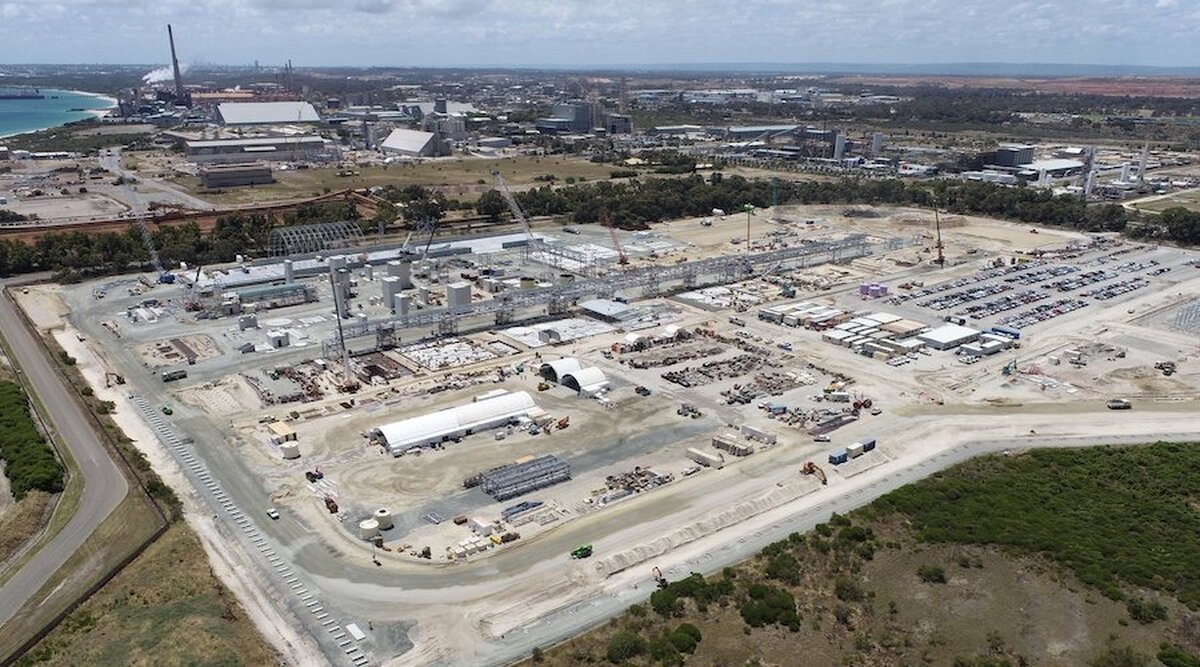
UK extends grants for EVs in 2020 budget

The grant of up to 35pc of the vehicle's value — but with a cap at £3,500 ($4,500) — will be extended until the 2022-23 financial year, overhauling previous plans to abolish it. The grant is available to buyers of any vehicle which emits less than 50g/km of CO2 and can travel at least 112km without any emissions at all.
All battery electric vehicles and most plug-in hybrid electric vehicles are eligible. The grant also applies to motorcycles, mopeds and electric taxis.
The budget also included an exemption for zero-emission cars from vehicle excise duty, which charges additional taxes on higher-value cars.
And UK chancellor Rishi Sunak announced a £500mn investment over five years to support the rollout of a fast-charging network for electric vehicles (EVs), on top of a £1bn investment announced in September 2019 to scale-up EV production in the UK.
The UK is behind some world leaders in EV technology. UK firms filed only five of the 3,400 global patents in automotive battery technology last year. There are still no plans for any gigafactories in the UK, despite several announced for other European countries over the last two years.
A report by the Faraday Institution, a UK government funded battery research centre, has called for investment into gigafactory production, warning that 114,000 direct automotive jobs would be lost by 2040 if the UK does not have any.
Scaling up battery and EV production would require access to battery metals such as cobalt, nickel and lithium. There is one lithium project in development in the UK, but other metals would need to be imported. Argus assessed prices for chemical grade cobalt metal at $17-17.50/lb in Rotterdam yesterday. Lithium hydroxide prices were assessed at $10-11.50/kg fob China yesterday.
By Thomas Kavanagh


Trump weighs using $2 billion in CHIPS Act funding for critical minerals

Codelco cuts 2025 copper forecast after El Teniente mine collapse

Electra converts debt, launches $30M raise to jumpstart stalled cobalt refinery

Barrick’s Reko Diq in line for $410M ADB backing

Abcourt readies Sleeping Giant mill to pour first gold since 2014

Nevada army depot to serve as base for first US strategic minerals stockpile

SQM boosts lithium supply plans as prices flick higher

Viridis unveils 200Mt initial reserve for Brazil rare earth project

Tailings could meet much of US critical mineral demand – study

Kyrgyzstan kicks off underground gold mining at Kumtor

Kyrgyzstan kicks off underground gold mining at Kumtor

KoBold Metals granted lithium exploration rights in Congo

Freeport Indonesia to wrap up Gresik plant repairs by early September

Energy Fuels soars on Vulcan Elements partnership

Northern Dynasty sticks to proposal in battle to lift Pebble mine veto

Giustra-backed mining firm teams up with informal miners in Colombia

Critical Metals signs agreement to supply rare earth to US government-funded facility

China extends rare earth controls to imported material

Galan Lithium proceeds with $13M financing for Argentina project

Kyrgyzstan kicks off underground gold mining at Kumtor

Freeport Indonesia to wrap up Gresik plant repairs by early September

Energy Fuels soars on Vulcan Elements partnership

Northern Dynasty sticks to proposal in battle to lift Pebble mine veto

Giustra-backed mining firm teams up with informal miners in Colombia

Critical Metals signs agreement to supply rare earth to US government-funded facility

China extends rare earth controls to imported material

Galan Lithium proceeds with $13M financing for Argentina project

Silver price touches $39 as market weighs rate cut outlook



















